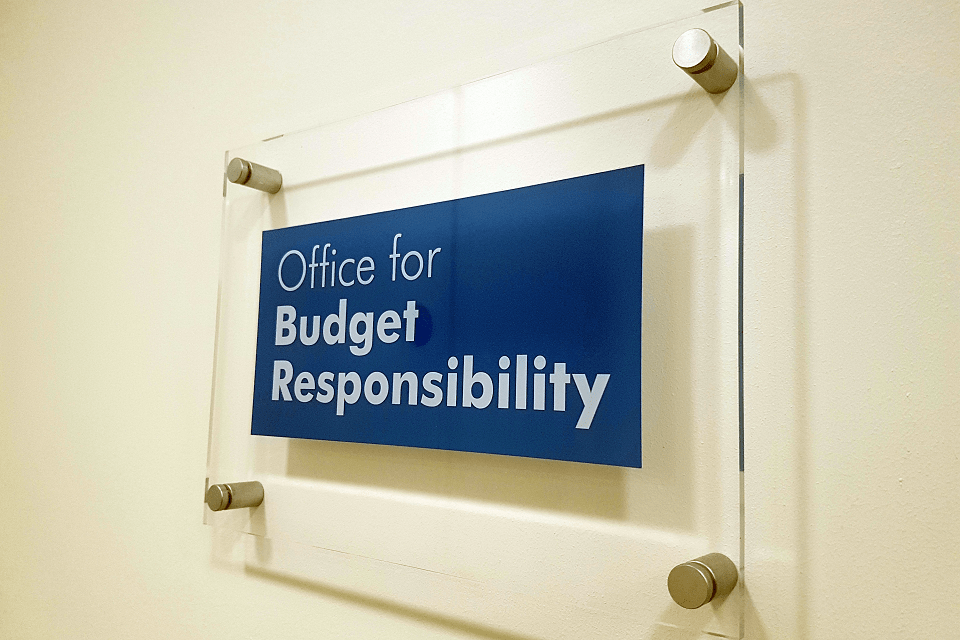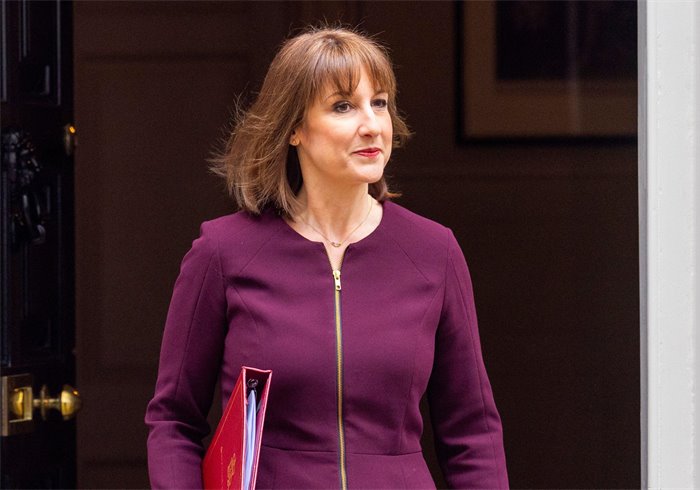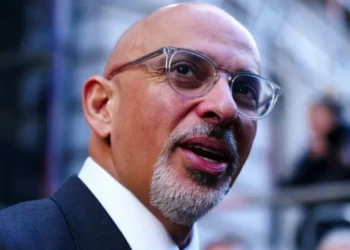Chancellor Rachel Reeves has confirmed that her second budget will be delivered on November 26, setting the stage for what many expect to be a defining economic moment for the government. The chancellor acknowledged that the UK economy is “not working well enough for working people” and promised reforms aimed at growth, even as speculation mounts over tax increases.
Speaking on Wednesday, Reeves struck a cautious balance. She insisted the economy “isn’t broken” but admitted that there was “more to do”.
“Bills are high. Getting ahead feels tougher. You put more in, get less out. That has to change.”
Rachel Reeves
The unusually late budget date has fuelled debate over whether Reeves is preparing the ground for tax rises. According to the Resolution Foundation’s director, Ruth Curtice, the November statement may be “one of the toughest second budgets in living memory”.
“With higher gilt yields currently adding over £3bn to debt interest costs, and over £6bn of policy U-turns announced since March, the chancellor is already on track to miss her fiscal rules. With a growth downgrade also likely, significant fiscal tightening will be needed.”
Ruth Curtice
The Treasury confirmed that the Office for Budget Responsibility (OBR) has been tasked with producing forecasts on the economy and public finances. Over the summer, the OBR revised its productivity outlook, which has been more upbeat than that of the Bank of England and other institutions. Many expect the revisions to lead to a weaker growth forecast, potentially putting Reeves on a collision course with her own fiscal targets.

Pressure Mounts As Speculation Over Taxes Grows
Allies say Reeves is determined not to reopen the spending review but instead to consider tax measures. Over the summer, she examined potential revenue-raising options amid concerns of a funding shortfall as high as £40bn. Among the proposals is a review of gambling industry taxation, long suggested by Gordon Brown as a way to combat child poverty.
Despite this, Reeves and the prime minister remain committed to Labour’s manifesto pledge not to increase the burden on “working people”, ruling out rises in income tax, national insurance, and VAT.
The late November date gives Reeves time to prepare politically, with Labour’s annual conference in Liverpool expected to be a pivotal moment. Ahead of the budget, the chancellor is expected to announce measures to boost growth, including final approval for Northern Powerhouse Rail and reforms to planning. She hopes the OBR will factor in these policies, as well as May’s India trade deal and a reset with the EU, when drawing up forecasts.
Bond markets remain a sensitive backdrop. Government borrowing relies heavily on market confidence, and Reeves is cautious about causing instability. On Wednesday, 30-year gilt yields eased back after briefly hitting their highest level in 27 years. Bank of England governor Andrew Bailey later reassured MPs that the UK was “in the middle of the pack” compared to global trends.
Meanwhile, Keir Starmer has bolstered economic expertise within Downing Street, appointing Reeves’s deputy Darren Jones to a senior role and recruiting Minouche Shafik, former deputy governor of the Bank of England, as a new adviser. While some see this as Starmer tightening his grip on economic direction, Reeves’s team insists she supports the changes.
Treasury officials are quietly hoping for an improved economic backdrop by November. The International Monetary Fund is set to release updated forecasts in October that could offer brighter prospects. Yet risks remain. Rising inflation, coupled with the pressures from President Donald Trump’s trade war, could worsen conditions for both households and businesses.
Business leaders caution that tax hikes would add to the strain on an already fragile recovery. Many warn that higher taxes this autumn could undermine growth and weigh heavily on struggling households. Reeves, however, appears intent on balancing fiscal responsibility with her promise to deliver an economy that works better for working people.
READ ALSO: Franklin Cudjoe Defends Mussa Dankwah, Polls Amid NPP Criticism






















